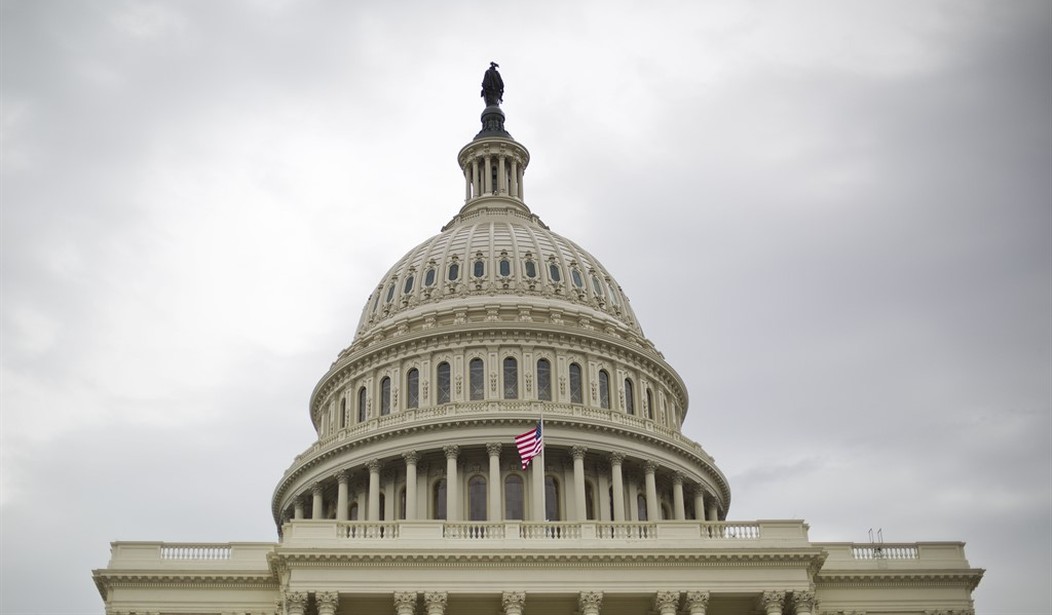Winter has officially come, and children across the country will spend the next few months stuck in classrooms, gazing longingly out the window while they eagerly wait for spring break. Those kids lucky enough to live in regions where there’s cold weather are surely praying for another big snow storm so that they can enjoy sledding, snowball fights, and, of course, school cancellations.
Snow days are among some of my most cherished childhood memories. It’s not that I hated school; I attended a small, homey Catholic school where I had lots of friends and minimal dread of going to class, but still, as Jane Austen wrote, “There’s nothing like staying at home for real comfort.” My parents, thankfully, understood kids need an occasional break from the day-to-day grind of engaging in school and extracurricular activities, and having had freedom, on occasion, to catch up on sleep, engage in arctic adventures, and bond with my siblings is something I appreciate and remember fondly to this day.
Education policymakers need to take into account what makes the students they’re supposedly trying to educate happy, too. I’m not proposing a complete child-takeover, of course—I doubt the children of Never-Never Land went to bed at a decent hour—but it is important legislators consider what is holistically good for the children they have been charged with helping, rather than what will boost their own egos.
Happy children, after all, tend to do better in school. A 2015 Harvard University study found, “Happiness is positively associated with intrinsic motivation (a personal drive to learn) for all students, and also with extrinsic motivation (outside sources like rewards, praise, or avoiding punishment) for students in grades K–3.” Happiness, the research showed, “is predicted by students’ satisfaction with school culture and relationships with teachers and peers” and “is also positively associated with GPA for students in grades 4–12.”
Recommended
In a 2013 study, Missouri State University professor David L. Hough similarly found, “Happy students make better learners. If students feel safe, and feel that the learning atmosphere is a happy one, they will return. When they return, they also have a good attitude and this helps them learn.”
It isn’t difficult to see why happier children learn better and more easily, but what makes a child happy is more complicated. Whereas a child might say pizza and Oreos (which might actually be better than theslop Michelle Obama decrees students eat) make him or her happy, someone who instinctively loves the child knows what is truly good for the child will ultimately bring about the best for both his happiness and his wellbeing. I speak, of course, about the child’s parents, who are too often put in the backseat when it comes to determining their children’s educational opportunities.
Pompous elected officials would rather say they know better and dictate high-minded theories about social and emotional learning practices, which they like to call “high-quality academic standards,” as well as other feel-good, money-making schemes than let families choose their own educational paths.
Chicago Mayor Rahm Emanuel showed his true stripes in a recent op-ed, published by The Washington Post, in which he outlined his education agenda and that of his like-minded ilk. “Promoting choice at the expense of quality isn’t an education strategy, it’s a political agenda,” Emanuel wrote. “Rather, those of us creating education policy need to simply focus on providing the quality choices that students deserve.”
In other words, Emanuel thinks parents should have education choice, provided the choices granted to parents are first approved by “those of us creating education policy.” Emanuel recommends the incoming Trump administration give students what he says they “deserve”—never mind what they want—by focusing on training principals better, making universal, full-day pre-kindergarten a priority, and investing in lots of expensive government-led programs.
Children are complex, curious, kaleidoscopic little creatures. What makes them happy is important, and those who create education policy should concentrate their powers on bringing decision-making back to parents, who listen to their children and understand their needs.
Glorious candidness is part of a child’s charm. A child will almost always tell you the merciless truth about whether a teacher is mean or nice, in-charge or out of control, worthy of respect or an ineffective ninny. If asked, children will go on and on about how yummy or icky the school lunches are or how really long school days are decidedly not fun. Rahm Emanuel isn’t in the homes of these children listening to their feedback, so why is he proclaiming universal education edicts from his violent, debt-ridden city for the rest of us to follow?
Happy children learn better, and what makes children happy is putting parents who will provide them with a structured, balanced, disciplined, and nurtured life. Parents know if their children deserve an occasional snow day here and there or need an extra hour of sleep to be more productive. Parents know the methods and environments most conducive to their children’s development, because they pay attention to their children’s wish lists all year, not just around the holidays.
It’s time for lawmakers to take an extended snow day from micromanaging everyone’s childhoods and put parents back in charge of their own children’s happiness and intellectual and emotional growth.

























Join the conversation as a VIP Member